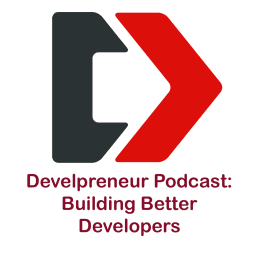Content management systems were all the rage about a decade ago. However, that market has settled down a lot and has only a few top contenders. That may not matter to you or your customers. A CMS is going to be a tool that can provide a large amount of value if it works closely to how you do. Therefore, it is worth your time to stay up to speed with the latest offerings. There are significant differences in how they approach managing content.
Content Management Usually Means WordPress
To be honest, WordPress is the winner of popular and useful CMS tools. It leads the market in a way that it makes little sense to develop extensions and integrations with any other solution in the market. Therefore, it may very well be the case that selecting any other option should only occur when you have made a good argument against using WordPress.
That being said, there are other options available. There are also good reasons to choose one of the other platforms for you or your customer. The most important things to consider through your evaluation process are the administrative and content tools. These vary in ease of adding, editing and removing material. There are secondary requirements to consider as well. These include the user experience and technical considerations. However, a CMS is going to be a success or failure based on those first two requirements more often than not.
The List
Here are the tools we cover in this episode. Almost all of these can be installed and ready for you to assess within an hour or less. Take advantage of this hands-on approach to review the options. Save yourself time and skip marketing or third-party opinions.
The market share by percentages list can be found here: https://colorlib.com/wp/most-popular-content-management-systems/.
WordPress: https://wordpress.org/
Joomla: https://www.joomla.org/: This platform is PHP-based and loved by developers. However, it is not as easy to administer as WordPress. There is a far more complex level of administration required and a lot of built-in extensions/plugins. In the end, it is easier to do complex customization than WordPress. On the other hand, it will take a longer time to get started.
Drupal: https://www.drupal.org/ This is another popular PHP solution similar to Joomla. However, It is not as easy to install. Consequently, I ran into snags in my testing that may have been my lack of familiarity with the tool. On the other hand, this solution has an impressive amount of extensions and plugins
Blogger: https://www.blogger.com/home: This is free, quick and easy to launch but very ad-filled. It leaves you with little control over customization. There are no real extensions available. For better or worse, it is owned by Google.
Typo3: http://typo3.org/: This is aimed more at a website than a blogging tool. It is a solution well-suited for creating online documentation as well as traditional marketing focused sites. This tool has a relatively simple and easy to understand UI.
vBulletin: https://www.vbulletin.com/. This is not a free solution. However, it has a solid history. It also has better community tools than the other options here.

